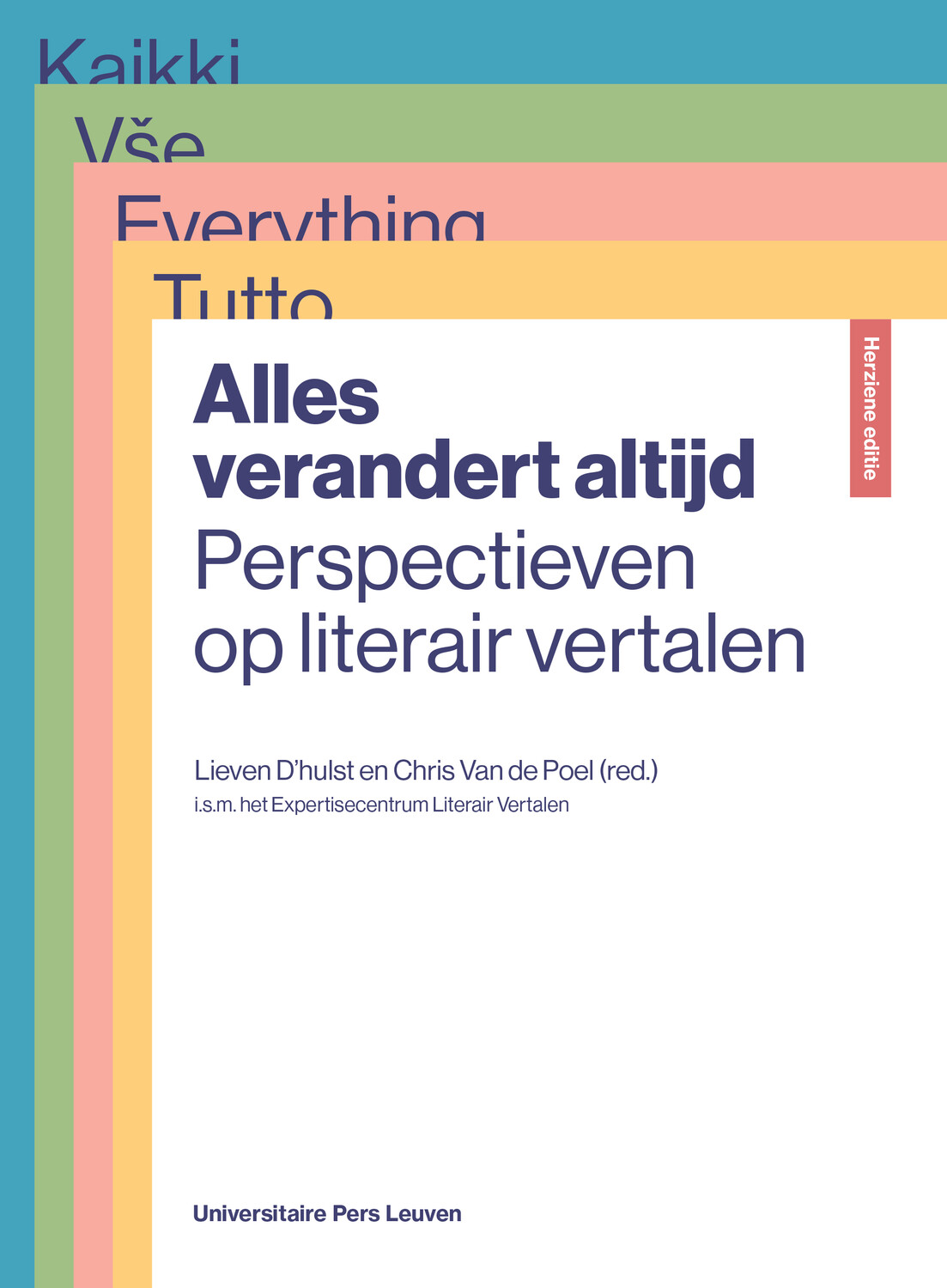
© Farid Boudjellal
Artists such as Zeina Abirached, Baru and Boudjellal have been impressive in their efforts to decolonize French comics and set the record straight on migration, by telling stories about migrants and postcolonial minority groups from the inside, as it were.
Postcolonialism and migration are major themes in contemporary French comics and have roots in the Algerian War (1954–62), anti-racist struggle, and mass migration to France. In his book 'Postcolonialism and Migration in French Comics' Mark McKinney analyses comics representing a gamut of perspectives on immigration and postcolonial ethnic minorities, ranging from staunch defense to violent rejection. A Q&A with Mark McKinney.
Briefly and concisely explain in plain language what the book is about.
Postcolonialism and Migration in French Comics tells the story of how migrants from former French colonies, and their descendants, have been represented in French comics from the end of the Algerian War in 1962, up to the present. It describes an array of imagery and stories, both positive and negative, by artists ranging from the far right to the far left of the political spectrum, and points in between. There is a major, but not exclusive, focus on cartoonists from migrant and postcolonial ethnic minority groups, including from Algeria, Benin, the Caribbean, Italy, Lebanon, Spain and the former Yugoslavia. I take into account the artistic, political and sociocultural dimensions of comics. The book is addressed both to readers who are unfamiliar with the comics art form, postcolonial issues or migration to France, and to specialists.
What or who inspired you to choose this topic?
Three things brought me to this topic. The first is that I bought a couple of comic books by Farid Boudjellal, José Jover and Roland Monpierre in Paris in the 1980s when I was researching novels by authors of North African Arab and Berber heritage in France. Over the following years my interest in the cartoonists' work grew, leading me eventually to meet the three cartoonists and several others, and become friends with some of them. Their generous help encouraged me to continue. A second impetus was my introduction to American comics such as Art Spiegelman's Maus (about the Holocaust and after) and Raw magazine, which exemplified the artistic potential of comics. The third element was the impressive growth in comics scholarship over the last quarter century, which has generated a wealth of knowledge about the form.
Do you have any reading suggestions to share (books, blogs, journals, ...) for anyone who wants to know more about the subject?
Useful blogs about French comics include http://neuviemeart.citebd.org, an accessible online journal edited by prominent comics theoretician and critic Thierry Groensteen and sponsored by the French national comics museum and library (CiteBD.fr); and ActuaBD.com, a generalist comics news source. The main scholarly journal in English for the study of European comics is European Comic Art ; I helped found it and co-edited it for nine years. There are now several other journals in English and French dedicated to comics studies. There are some excellent book introductions to the study of French comics, such as Ann Miller's Reading bande dessinée: Critical Approaches to French-Language Comic Strip (Intellect, 2007). Among the blogs dedicated to postcolonialism and migration in France there is achac.com, run by a group of scholars who have published a large number of monographs and edited volumes on the subject.
How did the writing process for this book go? Did you experience anything surprising, amusing or strange?
I first began writing material related to the book in the late 1980s, so it has been a long process! A funny thing is that what I originally intended to cover in one book has ended up taking three. My first two books discuss representations of French colonialism up to 1962 in comics created from 1830 up to the present: The Colonial Heritage of French Comics (Liverpool UP, 2011), and Redrawing French Empire in Comics (Ohio State UP, 2013). In Postcolonialism and Migration in French Comics, I finally focus exclusively on the postcolonial period, in terms of both the subject and of course when the comics were created.
What would you like readers to remember about your book?
I would like readers to remember the sea change that several cartoonists whom I study have brought. Artists such as Zeina Abirached, Baru and Boudjellal have been impressive in their efforts to decolonize French comics and set the record straight on migration, by telling stories about migrants and postcolonial minority groups from the inside, as it were. They either migrated themselves (Abirached, from Lebanon) or have parents who did (Baru's father from Italy; and Boudjellal's parents from Algeria). I also hope that readers appreciate the artistry of the comics, which is often very sophisticated (that is certainly the case for those three artists, and for many others). Several cartoonists I study have received top prizes in the field for individual works or lifetime achievement, whether they were self-taught or studied in fine-art schools. Finally, I hope that readers appreciate the fact that French comics are a site of struggle over the meanings of migration, colonial history and the postcolonial present, just as much as any other cultural or artistic field.
Do you have any plans yet for another publication? What will it be about?
I'm still trying to decide between a few projects, but in any case I plan to keep writing about French comics. It's an incredibly rich field. Some of the pathbreaking scholars in comics studies who have made major contributions to our understanding of the form and its history are beginning to retire, but there are many fine young scholars arriving on the scene in several countries, so the future of comics scholarship looks bright.
Postcolonialism and Migration in French Comics
Mark McKinney










































